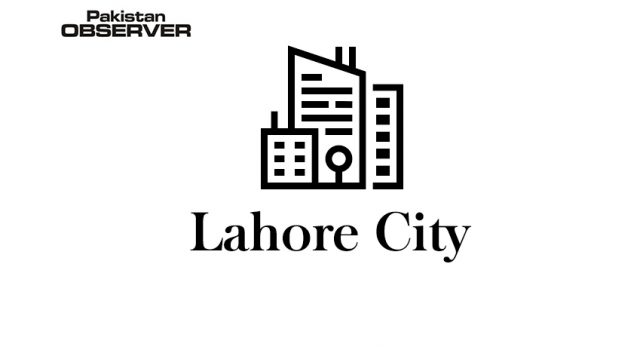Staff Reporter
Punjab University Pakistan Study Centre (PSC) has organized webinar on “Voters Education in Pakistan”.
Director of Confucius Institute and Professor of Political Science Dr Rana Ijaz Ahmad delivered a talk as a key note speaker along with Maham Syed from USA, Salman Abid, a political analyst and Tanveer Shahzad, a renowned journalist, all of who explained their point of view on the topic under discussion.
Prof. Dr. Amra Raza, Director PSC & Dean Faculty of Arts & Humanities expressed her gratitude to the participants and organizers, and most importantly appreciated the efforts of Dr. Karim Haider Syed for organizing this webinar. The webinar started with her welcome speech.
In her welcome speech, she highlighted the need of voter’s education in Pakistan and said it is our responsibility to educate the people to participate in the electoral process.
Ms Maham Syed, a Human Resource graduate from Oakland University, Michigan USA, showed deep concern about the electoral process of Pakistan having spent 18 years in Pakistan. She believed that voting is one of the crucial aspects that decide the fate of a country.
She highlighted the fact that most Pakistani citizens are not aware of the voting process and end up voting the choice of their parents/elders.
She quoted the example of education system of USA and proposed it for Pakistan to educate every citizen up to primary level, so every citizen gets awareness about their rights as citizens and overall ethical sensibility.
She emphasized on the use of information technology along with print media in a vigilant way to increase voters’ education.
Salman Abid highlighted that the electoral process is not issue based in Pakistan, it is based upon regional politics, ethnicity, hero-worship and nepotism.
He also talked about the voters’ turnout which is an average of (50-55) %, in Pakistan elections. Salman suggested that casting vote must be compulsory in Pakistan.
He also emphasized the voter education particularly for youth population. Prof. Dr. Rana Eijaz Ahmad in his keynote speech emphasized the voter’s education in Pakistan in a pragmatical way and highlighted it from a different angle.
He believes human behavior is unpredicted so it is necessary to understand the composition of the individuals in a society.
He pointed out that usually, there are three kinds of individuals in any society, Subjects, Parochial and Participants.
The first one is the individuals that have slave mindset and have no interest in the electoral process.










